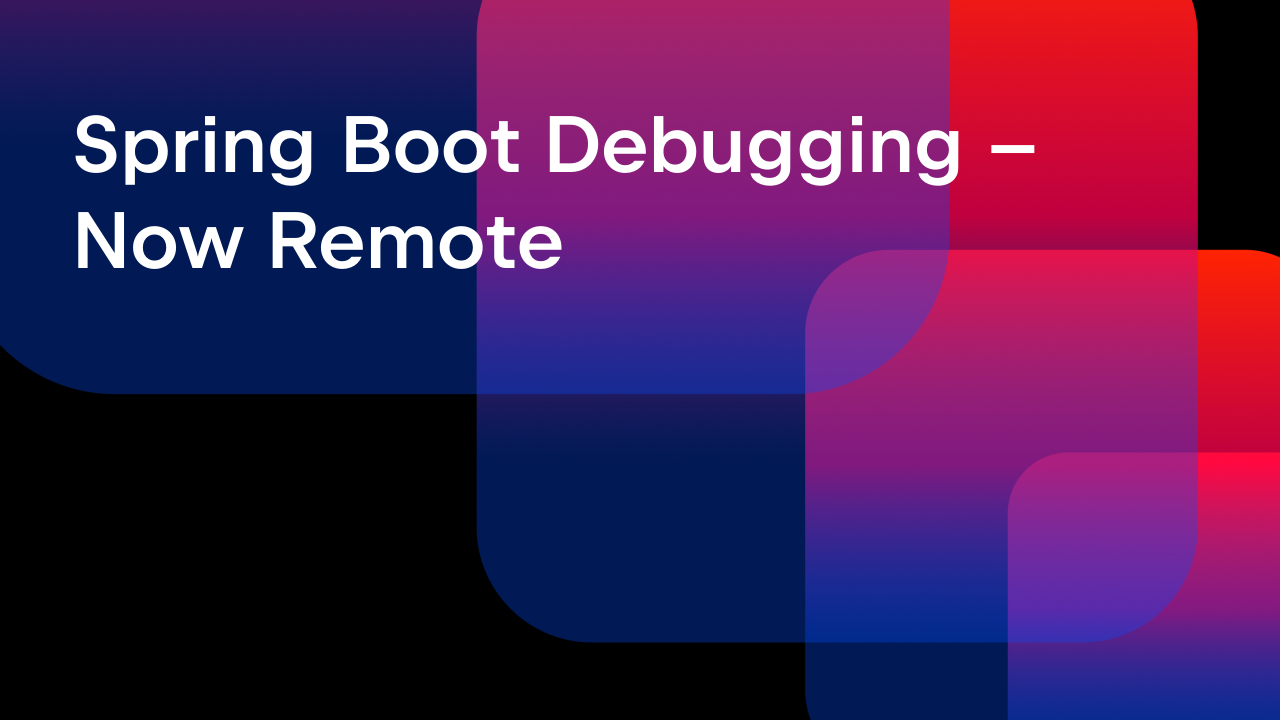IntelliJ IDEA
IntelliJ IDEA – the Leading IDE for Professional Development in Java and Kotlin
JetBrains Contributes to Open Source at Devoxx
[This post is by Hamlet D’Arcy, JetBrains Academy Member. —Eugene Toporov]
Another Devoxx conference has come and gone, and at this Devoxx, JetBrains was more active than ever. As usual we had our vendor booth, but more importantly we participated directly by giving several conference sessions and helping organize the Hackergarten open-source coding event.
The feedback on our sessions was overall positive. Vaclav Pech and Maxim Mazin gave a session on MPS, and Andrey Breslav presented Kotlin. The video of the talks will be available on the Parleys website soon.
One of the funnest parts of Devoxx was the Hackergarten on Monday afternoon. Hackergarten is an open source coding event where conference attendees are guided through making opens source contributions with the help from the project leads themselves. The Hackergarten was organized and lead by JetBrains Academy Member Hamlet D’Arcy, and we sent our Groovy Project Lead Peter Gromov to help. The code we wrote at the event is already available in IntelliJ IDEA 11, so you can already download and use the features in IntelliJ IDEA 11 Beta.
Niels Harremoës and Peter worked on a Groovy intention that inverts an if statement. So if you start with this Groovy code:
if (a) {
true
} else {
false
}
You can press Alt+Enter to bring up the “Invert If” intention and transform
the code into:
if (!a) {
false
} else {
true
}
This intention has existed on the Java side for a few years, and now the Groovy users can benefit from the same feature.
The other commit made was from Hamlet D’Arcy and Brice Dutheil. They created a Groovy intention that splits one if statement into two. So when you start with a complex if statement like this:
if (a && b) {
c()
}
Then pressing Alt+Enter brings up the “Split If” intention, which transforms the code into nested if statements:
if (a) {
if (b) {
c()
}
}
The next step is, of course, to provide the opposite transformation which merges two if statements together. Perhaps we can get it done at the next Hackergarten?
Besides these commits, we also worked on improving the ongoing Griffon framework support with Griffon Lead Andres Almiray. IntelliJ IDEA is learning more about source directory conventions and improving the dedicated Griffon view panels. We also had some productive conversations with the JBoss Forge teams about how best to support their project in IntelliJ IDEA.
Besides all the IntelliJ IDEA contributions, there were other teams working hard on their own projects. Peter Ledbrook from VMWare and Søren Glasius updated several Grails plugins, including the CodeNarc one. Java Champion Steve Chin lead a team into several commits on the ScalaFX project, which is a Scala DSL for writing JavaFX code. A whole bunch of JBoss guys came out to work on their projects. And Gradle Lead Hans Dockter was on site to help people through Gradle issues.
Hackergarten was a lot of fun and we look forward to doing it again. It makes for a different type of conference experience, one in which you learn by doing more than by listening to someone else give a presentation. The activities of coding and traditional sessions was a good mix, and the afternoon spent coding gave us a lot of energy for the rest of the conference.
Are you interesting in coming to a Hackergarten? Hamlet organizes one every other month in Basel Switzerland at his company Canoo. There are other sister groups in Prague and Mexico City as well. If you want to have one in your town then contact Hamlet directly. Who knows, maybe your code will be in the next version of IntelliJ IDEA?
Subscribe to IntelliJ IDEA Blog updates








